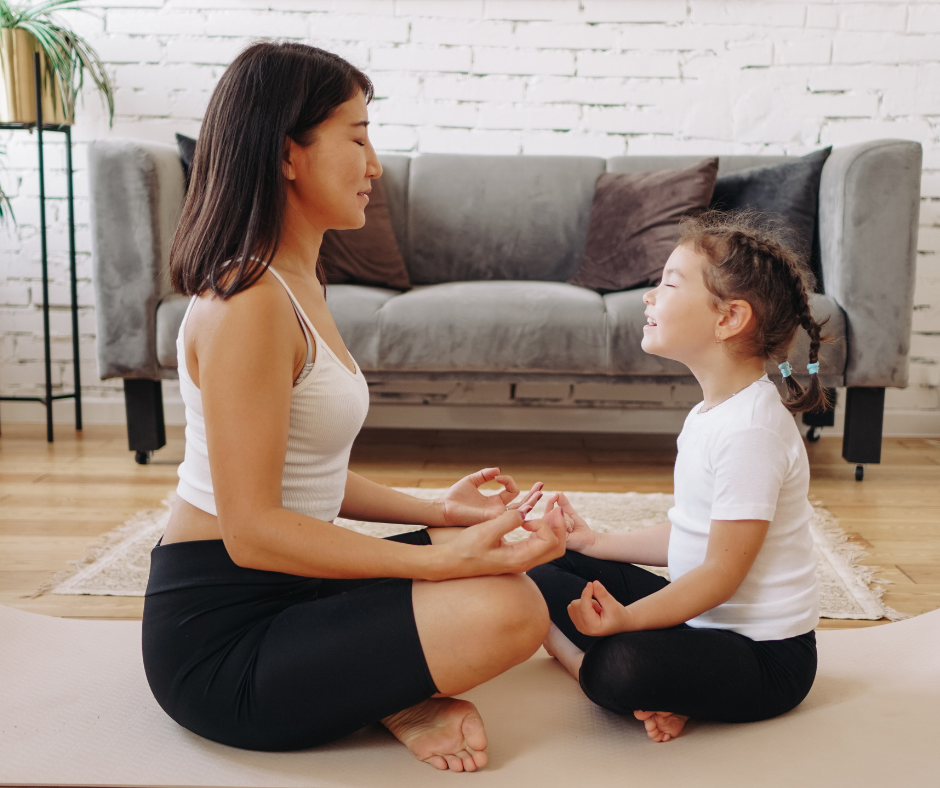Life can be hectic. Between work and family responsibilities I know how important it is to focus on self-care to keep going. In order to maintain good health and well-being, it's important that we all make time for self-care. This isn’t just true for me, but also for my kids. Teaching my own children and others the value of self-care has become a passion of mine.
Teaching kids to practice self-care can have a number of benefits, from improved physical health to better mental health and emotional well-being. Here are just a few reasons why it's so important to start instilling these habits at a young age.
First and foremost, self-care is about setting healthy boundaries. It's about recognizing when we need to take a break, step back, and prioritize our own needs. For kids, this might mean setting limits on screen time or extracurricular activities, or simply taking a few minutes each day to relax and recharge. By teaching kids to recognize their own limits and prioritize their own well-being, we can help them build a strong foundation for a healthy and balanced life.
In addition to setting healthy boundaries, self-care can also help improve mental health. For kids who may be struggling with anxiety, stress, or other mental health challenges, self-care practices like mindfulness, exercise, and spending time outdoors can be incredibly beneficial. By teaching kids these habits early on, we can help them develop coping mechanisms that will serve them well throughout their lives.
Another key benefit of self-care is that it helps kids learn to prioritize their own needs and values. By taking time to reflect on what's important to them, kids can develop a stronger sense of self-awareness and self-confidence. This, in turn, can help them make better decisions and set healthier boundaries as they navigate the challenges of growing up.
Of course, teaching kids to practice self-care is easier said than done. But there are a number of simple steps parents and caregivers can take to help instill these habits. For example, parents can model self-care by prioritizing their own needs and taking time to engage in activities that bring them joy and relaxation. Parents can also encourage kids to take breaks throughout the day, whether that means going for a walk, practicing deep breathing, or simply taking a few moments to reflect.
Ultimately, teaching kids to practice self-care is about helping them build a foundation for a healthy and fulfilling life. By prioritizing their own needs, setting healthy boundaries, and learning to prioritize their own values, kids can develop the tools they need to thrive in today's fast-paced world. And in the process, they'll be better equipped to handle the challenges and stresses that come their way.
52 Weeks of Self Care and Discovery for Young People
A Year of Self-Care Challenges for Tweens, Teens, and Families
"52 Weeks of Self-Care for Tweens and Teens" is a comprehensive guidebook that offers a year-long series of challenges focused on personal care, social care, and self-discovery, aimed at building resilience, confidence, and a stronger sense of self in young readers.

